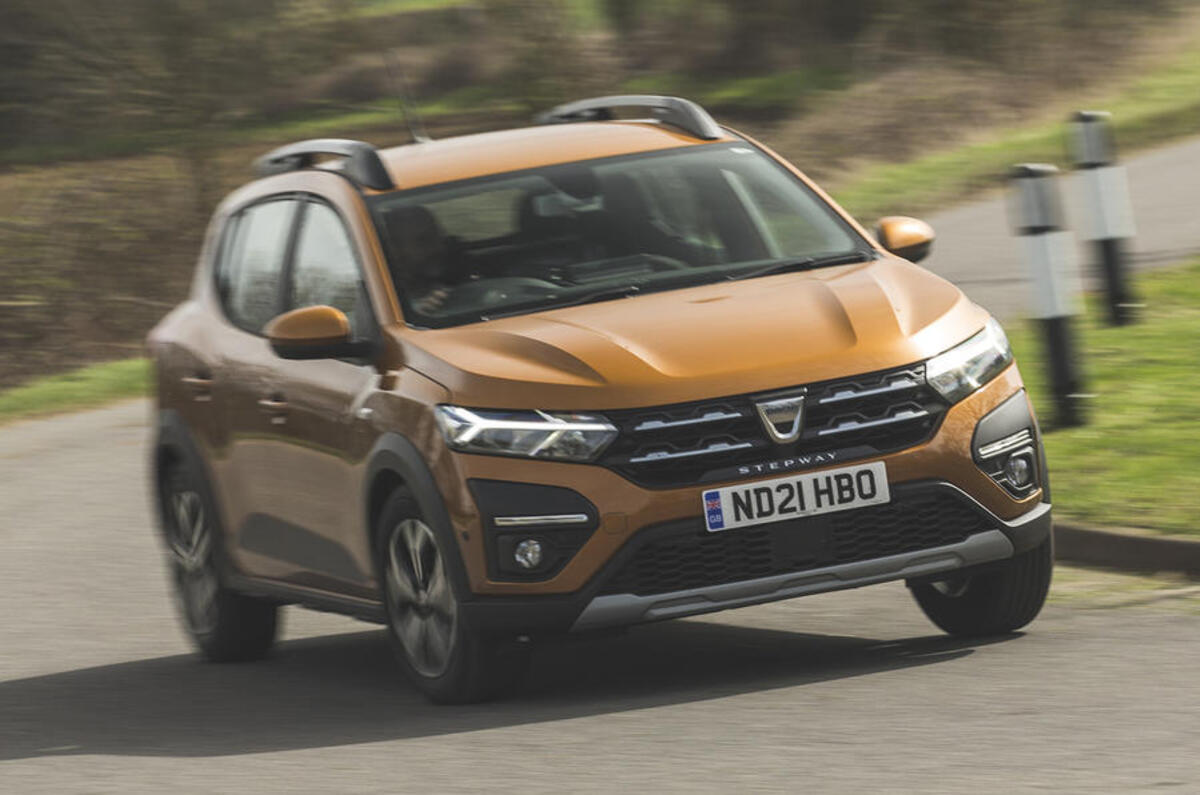Dacia will reduce the prices of its cars when the cost of energy, parts and raw materials used in production also come down, brand head Denis Le Vot promised.
Dacia has become one of the most visible brands for price rises as it pushes through cost increases over the last few months onto customers.




Add your comment